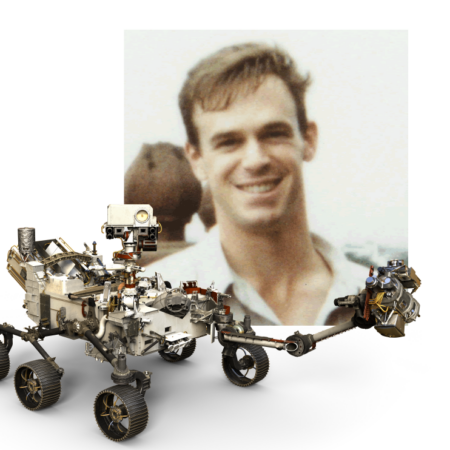Refine
Date Range Clear
Recorded by Clear
Keywords Clear
Partnerships Clear
- COVID-19 American History Project 2
- Community Voices of Lake Geneva 1
- UT Austin: McCombs School of Business 1
Organizations Clear
Places Clear
Languages Clear
Initiatives Clear
Thomas Barton interviews Chris Barton about his experiences at NASA
Melissa Trainer is a planetary scientist at NASA Goddard Space Flight Center, and is working on the upcoming Dragonfly mission. We talked to her about pitching Dragonfly and finding out whether it got accepted on TV, accepting opportunities you didn’t...
How does one go from being a B+ student who got dressed down by her 8th grade softball coach to the Division Director of the Earth Science Division at NASA? While this might sound like the plot of an inspirational...
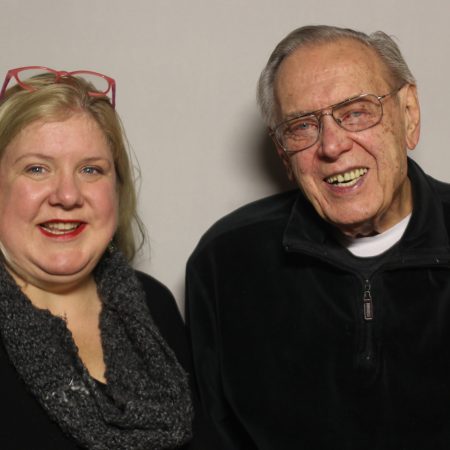
Stephen Yonkowski (86) talks to his daughter, Stephania Holland [no age given], about his childhood, his family, and his career as an engineer.
Dr. Mary Beth Wilhelm is a research space scientist at NASA Ames Research Centre. In this interview, Mary Beth talks about lab hopping, visiting five continents in five months, winning the Ames Early Career Researcher Award, and her hopes for...
David Crisp, senior research scientist at NASA, recounted his adventures, from going from a physics education major who had a paper on Venus winds published by Carl Sagan to a doctoral student at Princeton to helping fix Hubble. He described...
After being drawn to the oceans at an early age, Paula continues to examine many factors that influence changes in the oceans. As a program manager for NASA, she enjoys the opportunity to work with dedicated researchers and learn how...
Dr. David Des Marais is a senior space scientist at NASA Ames Research Center. In this interview, we talk about his research into the role of carbon on Earth and in space, what Mars could teach us about life on...
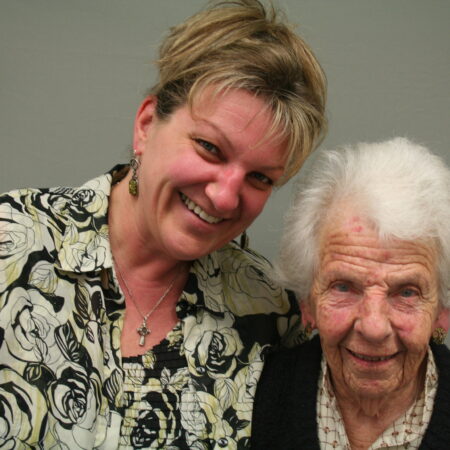
Emelie C. Gill (91), tells her daughter, Alicia (50), about growing up in Kansas City, meeting her husband Pat, working during WWII, and moving to Houston so that Pat could work for the space program.
Ioan Lascu, research geologist at the Smithsonian Museum of Natural History, shares stories of his work studying minerals and rock magnetism. What do bacteria affect magnetism? What can we learn from stalagmites and stalactites? Why has there been in a...
Lawrence Friedl discusses his life and experiences as Director of the Applied Sciences Program in the Earth Science Division at NASA Headquarters. Interested in space from a young age, he developed an interest in how the environment and public policy...
Chris Justice is a geographer and professor at the University of Maryland whose research on land use changes and global agriculture has taken him around the world. His research has had a hand in a variety of NASA programs, including...

Katie Spellman (36) speaks with her mentor and collaborator, Christa Mulder (no age given), about their relationship, their pathways in science, what makes for a good mentor and collaborator, and what they have learned from each other.
Multi-talented Korean War Veteran and artist also worked on the first lunar module to land on the Moon. Interview 1 of 3. Jim Ingham and his family are talented singers, he is also proficient in playing the bagpipes and Native...
Steven Pawson, Chief of the Global Modeling and Assimilation Office at NASA Goddard Space Flight Center, shares his experiences working on atmospheric and Earth systems science, including interactions between the Ozone Layer and climate change, and predicting air quality for...

Rhoda Justice Garcia (72) talks with her friend Candyce Bennett (68) about childhood memories of growing up during the time of the NASA space program, living at Cocoa Beach, near Patrick's Airforce Base, and Satelite Beach.
Tong Zhu atmospheric chemist and university professor shares his experiences studying air pollution and its impacts on human health. Reflecting on how past discoveries influence solutions and how those solutions impact government policy. He shares stories about his work for...
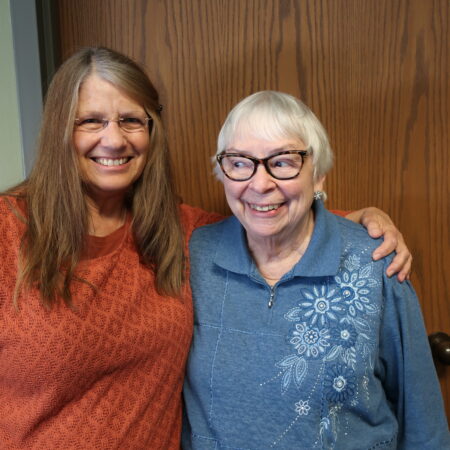
Lynn Preston (71) interviews her friend Patricia Cosgrove (87) about Patricia's career as a teacher, her work as a teacher's advocate, and her advice for future teachers.
Imagine this upbringing: only child, suburbs of Maryland, daughter of a mathematician and a pastry chef. If you guessed that child would achieve a management role with NASA’s famed IceBridge2 mission, congratulations, you truly have exceptional foresight. Linette Boisvert McPartland...
Jeremy Werdell, an Oceanographer in the Ocean Ecology Laboratory at NASA Goddard Space Flight Center, discusses his lifelong passion for studying the ocean, which started with a school field trip to a marine biology lab. He describes how happening to...
Jonathan Hale is one of 25 students in the new Student Airborne Science Activation (SaSa) program at the NASA Ames Research Center. Students at SaSa are undergraduates from minority-serving institutions, competitively selected across the United States. Over the course of...
If you’re a scientist in an oceanography department, you’re probably studying the ocean, right? Well, part of your job might be studying things like phytoplankton, the tiny oceanic powerhouses that play a crucial role in our planet's ecosystem. But how...
Adrian Brown is the deputy scientist on the Mars 2020 Rover mission at NASA Headquarters in Washington, D.C.. Adrian uses his background in geology to explore Mars via the Mars Rover, living out his childhood fascination with the planets. He...
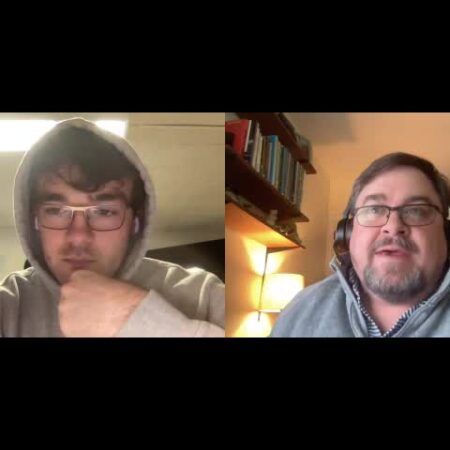

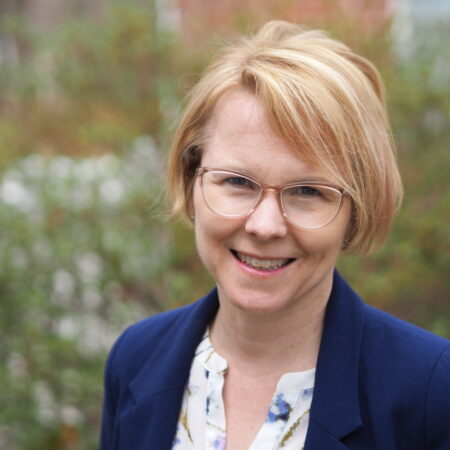
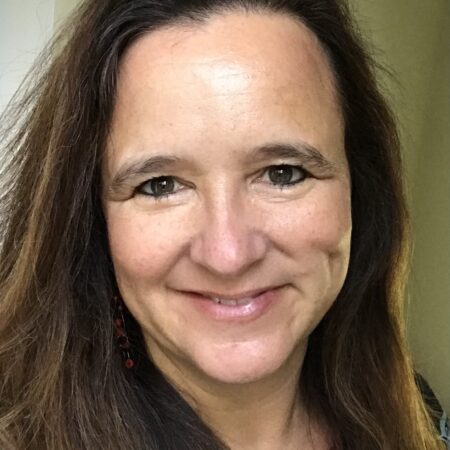
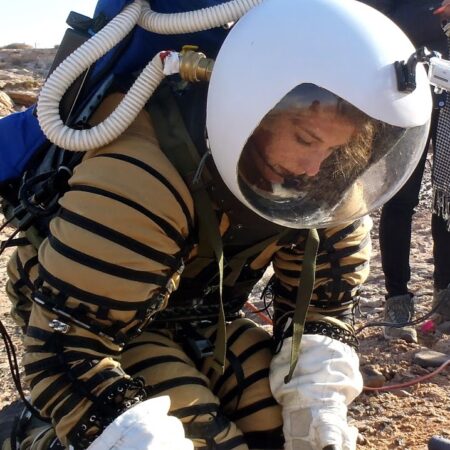


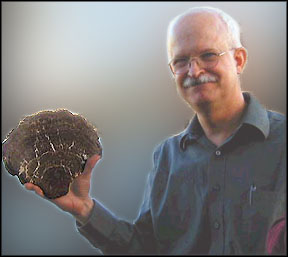
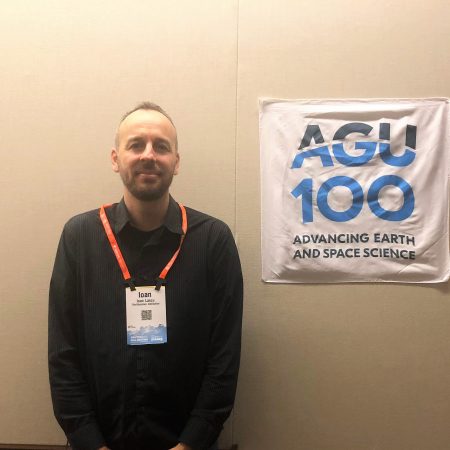
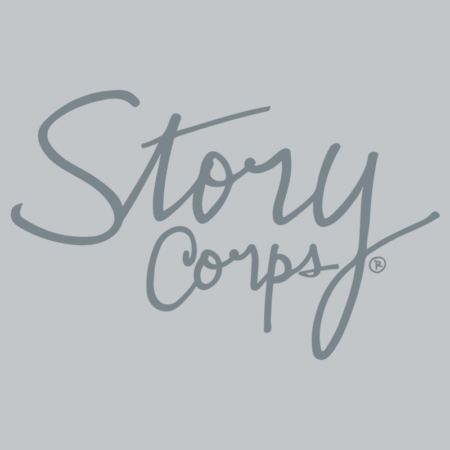
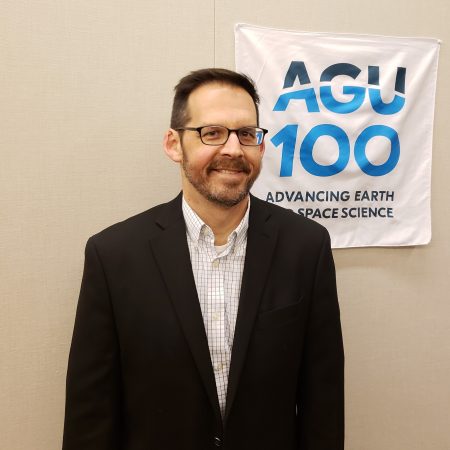
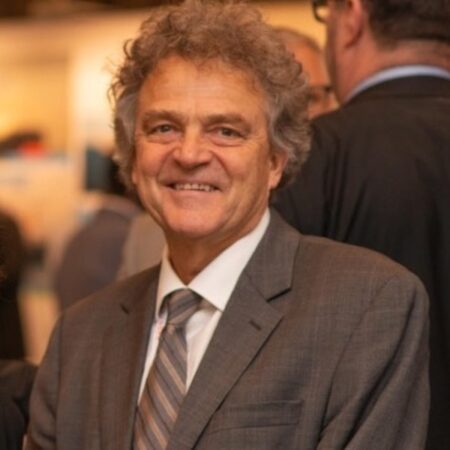
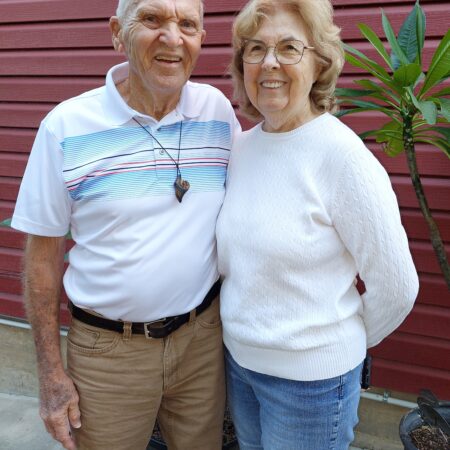

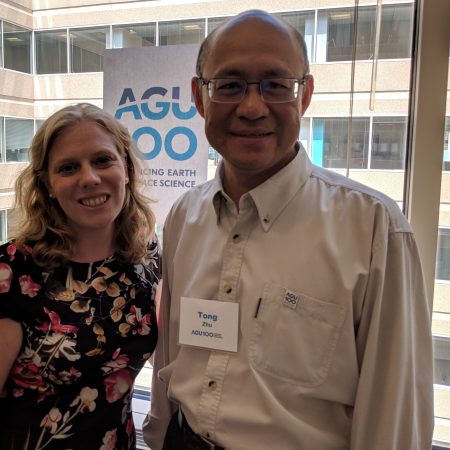

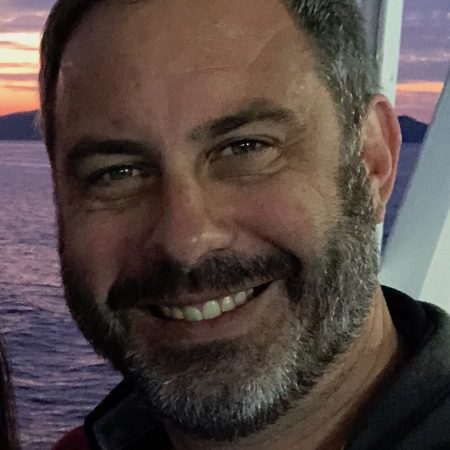
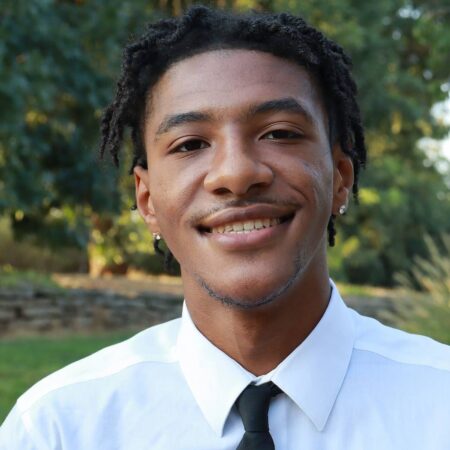
!["When people [get] a science education...they underestimate how important human relations are to that." An interview with Kirk Knobelspiesse](https://archive.storycorps.org/uploads/2023/10/6527f43a0f97c__pace_knobelspiesse-365x450.png)
